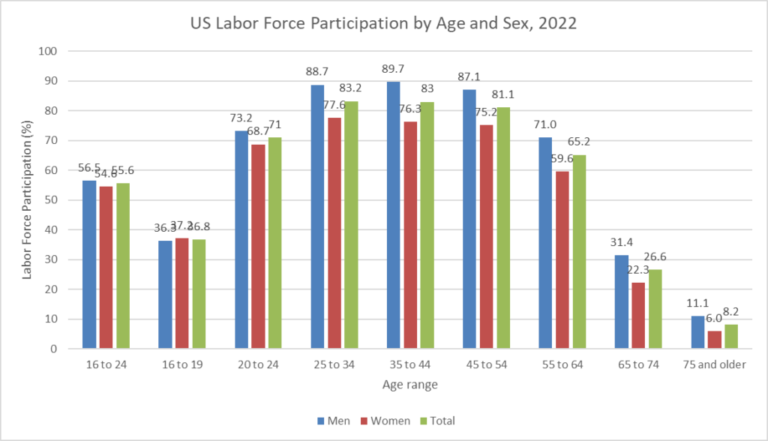Currently, a significant portion of the capital being invested in the discovery space is directed towards artificial intelligence, with a particular focus on discovery processes. This growing technology promises to revolutionize how biological modules are identified and optimized. For companies operating in this sphere, it is imperative to prepare adequately for the surge in productivity that AI-driven discovery will bring.
To manage the increased volume in the pipeline, companies typically resort to adopting advanced technologies or expanding their workforce to enhance capabilities. While it is natural for companies to hire more personnel, they encounter two major challenges: the limited availability of skilled professionals and the high costs associated with recruitment. Implementing such solutions will help alleviate bottlenecks, allowing for a smoother flow through the pipeline.
The traditional timeline for a drug to progress from Phase 1 clinical trials to regulatory approval spans 7-10 years. Any reduction in this timeline is not only of immense value to pharmaceutical companies but also significantly benefits patients by providing earlier access to new treatments. Consequently, it becomes crucial to efficiently identify which molecules are likely to succeed in the early stages of discovery.
Some of pharma’s biggest challenges include:
- Costly clinical trials – Clinical trials are lengthy and more resource-intensive than they need to be, slowing drug development. AI can shift this bottleneck by shortening trials and optimizing resource allocation, making drug development faster and more cost-effective. Through sophisticated predictive modeling, AI accurately forecasts study outcomes ahead of time, streamlines trial structure, and facilitates seamless execution. This technological leap promises to slash development timelines and dramatically reduce the financial burden of bringing life-saving medications to market.
- Delayed commercialization – Transitioning molecules from discovery to development and ultimate commercial approval is a challenging multifaceted process involving tens of thousands of professionals across key disciplines like Regulatory, Quality, Clinical, and Operations. AI acts as a catalyst, facilitating not only individual tasks but complex workflows between these departments. By enhancing productivity throughout development while identifying potential pitfalls and optimizing critical decisions along the way, AI accelerates the commercialization journey. This intelligent assistance ensures smoother transitions between stages, minimizes bottlenecks, and ultimately brings innovative therapies to patients more swiftly.
- Limited lifecycles – Companies often unintentionally limit a drug’s use to its initial success, missing other potential uses that could have a profound impact. AI emerges as a powerful tool to unlock hidden potential, helping repurpose and reposition drugs for additional uses. Through advanced data analysis and pattern recognition, AI uncovers unexpected therapeutic applications, offering new ways to improve businesses as well as the health of patients. This AI-driven approach not only extends a drug’s commercial viability but also maximizes its potential to address unmet medical needs across multiple conditions.
Artificial intelligence has the power to transform the pharmaceutical industry, addressing key challenges in drug development after a discovery. AI streamlines costly clinical trials, accelerating the journey from molecule to market. It optimizes workflows across disciplines, smoothing the transition from discovery to approval. Additionally, AI uncovers new applications for existing drugs, extending product life cycles. This technological shift not only boosts efficiency and profitability for pharmaceutical companies but also speeds up the delivery of innovative therapies to patients. The result is a new era of medical advancement, allowing for the full realization of value derived from using AI in drug discovery, promising improved health outcomes worldwide through faster, more cost-effective drug development and expanded therapeutic applications.
Photo: zorazhuang, Getty Images

Dave Latshaw II, Ph.D. M.B.A., is a multidisciplinary expert with extensive experience in artificial intelligence, biotechnology, and business innovation. He specializes in bridging these fields to address complex challenges in research and development. Dave began his journey in biotechnology at North Carolina State University, where he earned his Ph.D. in chemical and biomolecular engineering, studying neurodegenerative diseases through computational biophysics and machine learning.
Upon graduating, Dave joined Johnson & Johnson’s Advanced Technologies Center of Excellence as the youngest person to lead flagship AI programs. Dave’s technology was pivotal in J&J’s commitment to providing a billion doses during the Covid-19 pandemic, enabling rapid scale-up of the novel manufacturing process. Recognizing larger-scale inefficiencies in drug development, Dave pursued his MBA at Wharton Business School, where he conceived the idea for BioPhy, a life sciences health tech company founded in 2020.
This post appears through the MedCity Influencers program. Anyone can publish their perspective on business and innovation in healthcare on MedCity News through MedCity Influencers. Click here to find out how.





